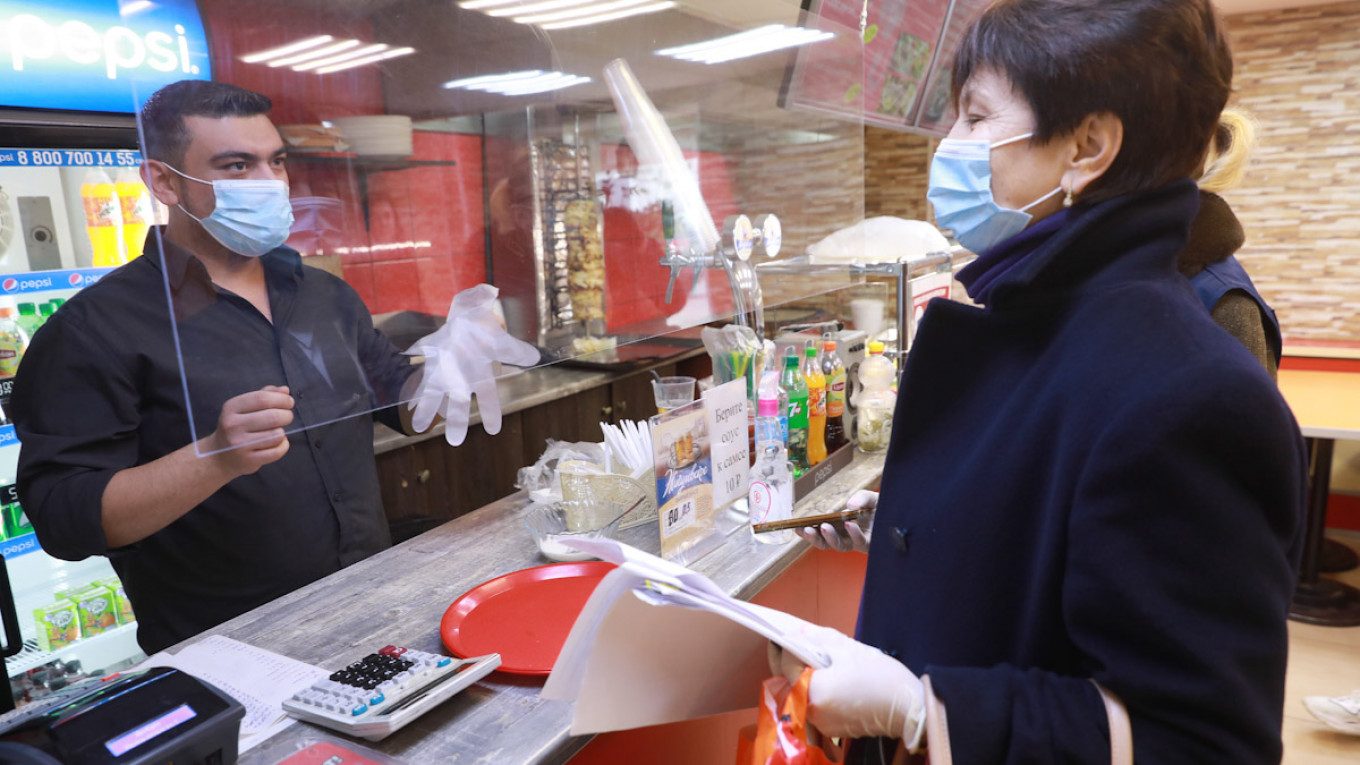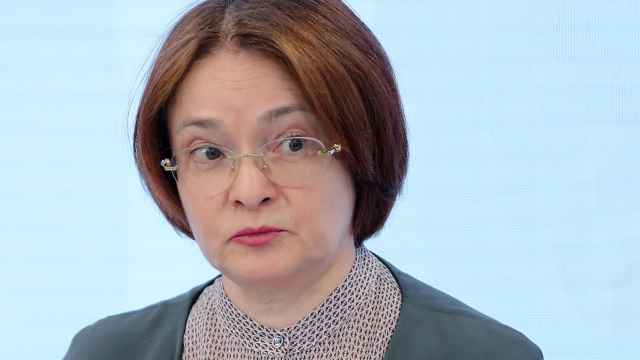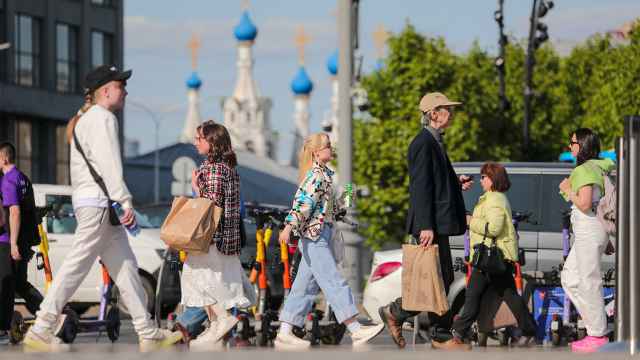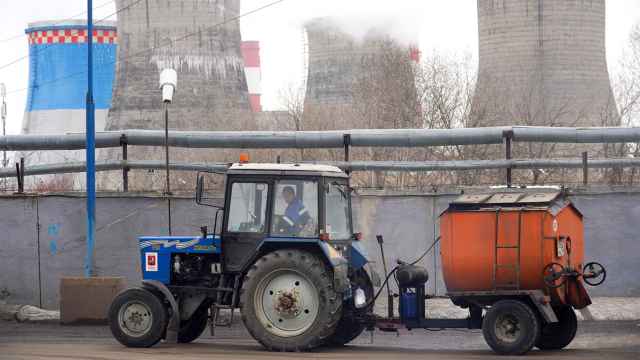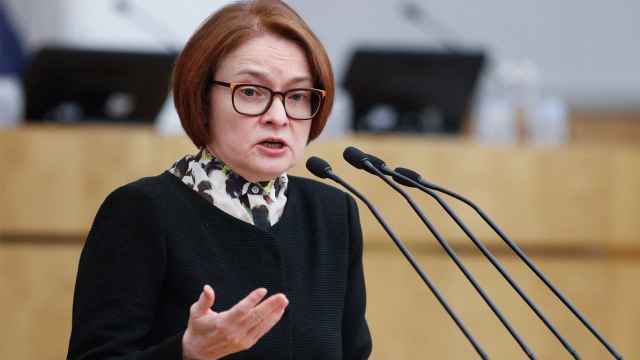Russia’s economy has weathered the coronavirus crisis better than most, but the government should be more generous with its support for hard-pressed households and businesses, the International Monetary Fund (IMF) has said.
In a snapshot assessment, the U.S.-headquartered body praised Moscow’s conservative financial policies heading into the crisis which helped put its balance sheet on sound footing to deal with the unprecedented economic challenges of the pandemic.
Russia’s prioritization of building foreign currency reserves and cutting down debt “helped build macroeconomic policy space, which has rightly been tapped to combat the crisis,” it said.
However the body warned that Russia’s “healthy recovery … is now under threat from a sharp rise in infections.”
The country set a new record for daily Covid-19 fatalities Wednesday and new infections are running at twice the levels since in the pandemic’s first wave.
Against such a backdrop, the IMF — one of the most influential voices and bodies in the world economy — said Russia should “extend support for its people and firms until the recovery is properly entrenched.”
Boost support
It said the Kremlin should hike unemployment benefits — back to the temporary special levels introduced at the height of the national lockdown earlier this year.
“The pre-crisis benefits are very low relative to the cost of living,” the body said. Increasing support for those left out of work by the pandemic would be especially important, as “the economy will remain well below full employment for the foreseeable future.”
Almost 2 million Russians have lost their jobs since the start of the year, according to official statistics, and the national unemployment rate is 6.3%. Economists warn however those numbers likely understate the true situation, which is complicated by Russia’s pervasive shadow economy, where jobs and salary payments are frequently kept off the books.
The IMF also recommended extending tax deferrals for firms, writing-off some of the subsidized loans handed to businesses and broadening the list of industries and companies that qualify for emergency support.
Businesses have long complained that Mosocw’s financial backing during the pandemic has been lackluster. Small firms, in particular, have felt locked out of various cheap loan schemes which have been earmarked for those operating in specific sectors, or overwhelmed by the bureaucratic hurdles required to get help.
The IMF said Russia’s economic support package amounted to around 3.5-4.5% of GDP — comparable to some other emerging markets, but well behind the substantial support programs, job guarantee schemes and cash handouts developed countries have rolled out in the face of record-breaking declines in economic output and eye-watering increases in unemployment.
The IMF also recommended the Central Bank cut interest rates further to stimulate the economy, praising its actions so far in slashing borrowing costs to their lowest-ever level of 4.25%.
Low-growth trap
Russia also faces being caught in a low-growth trap as it exits recession, the IMF warned.
“Growth in the years preceding the crisis only averaged 1.5%, stalling Russia’s convergence to advanced economy income levels. In our view, medium-term potential growth stands at 1.6%, low for an economy of Russia’s per capita income levels.”
Russia’s economy will contract by around 4% this year and bounce back by 2.5% in 2021, the IMF said — suggesting Russia will not hit pre-coronavirus output levels until at least the end of 2022.
The $360-billion National Projects program of infrastructure spending and economic development has the potential to raise Russia out of its low-growth funk, the IMF said, but cautioned that the projects “should not be seen as a substitute” for meaningful economic reform, nor as an opportunity to “expand the already large footprint of the state.”
A Message from The Moscow Times:
Dear readers,
We are facing unprecedented challenges. Russia's Prosecutor General's Office has designated The Moscow Times as an "undesirable" organization, criminalizing our work and putting our staff at risk of prosecution. This follows our earlier unjust labeling as a "foreign agent."
These actions are direct attempts to silence independent journalism in Russia. The authorities claim our work "discredits the decisions of the Russian leadership." We see things differently: we strive to provide accurate, unbiased reporting on Russia.
We, the journalists of The Moscow Times, refuse to be silenced. But to continue our work, we need your help.
Your support, no matter how small, makes a world of difference. If you can, please support us monthly starting from just $2. It's quick to set up, and every contribution makes a significant impact.
By supporting The Moscow Times, you're defending open, independent journalism in the face of repression. Thank you for standing with us.
Remind me later.


